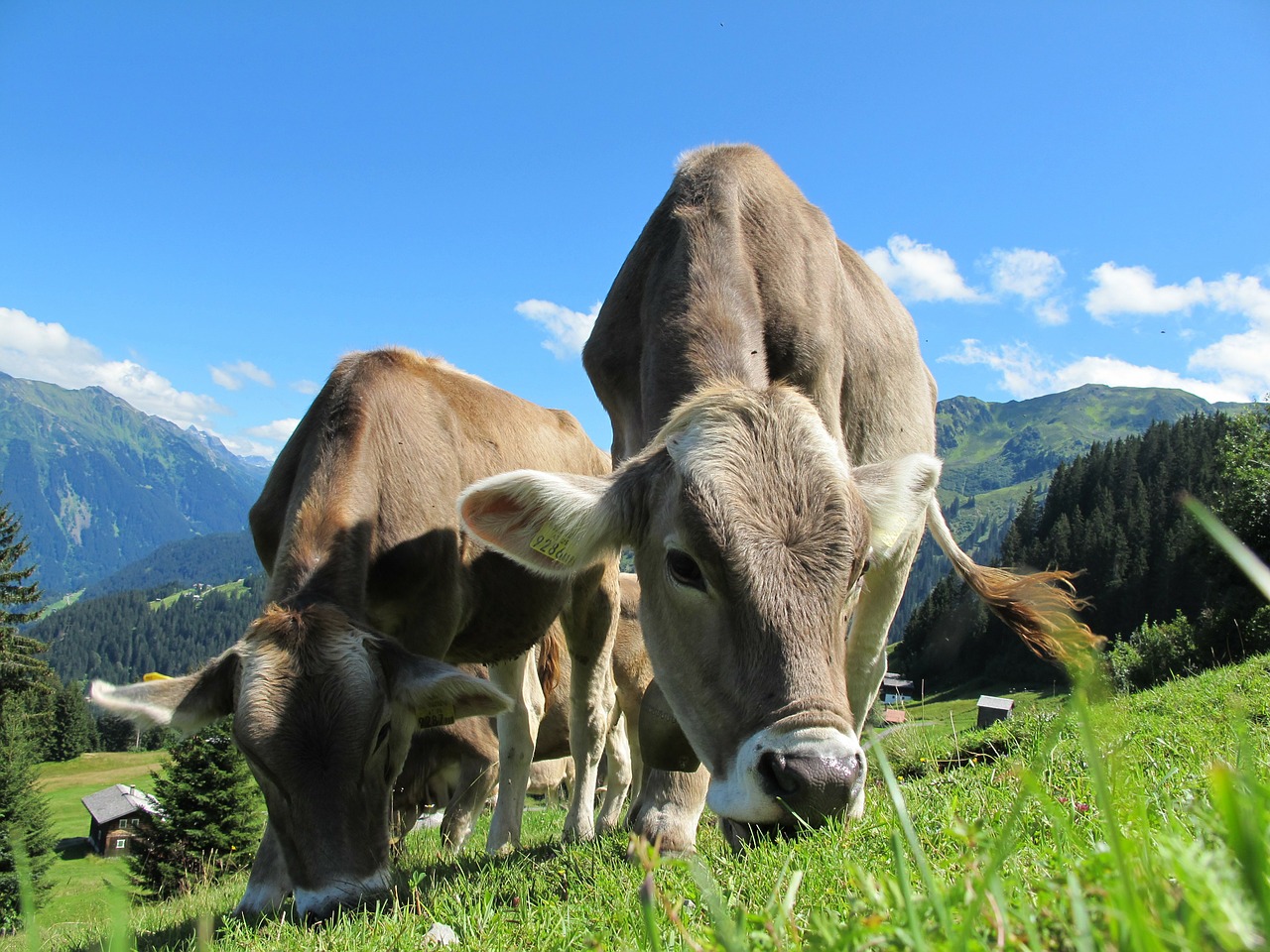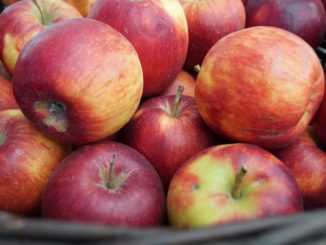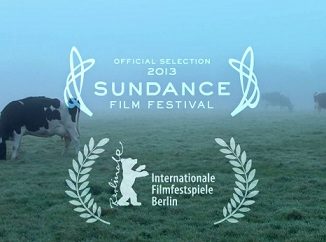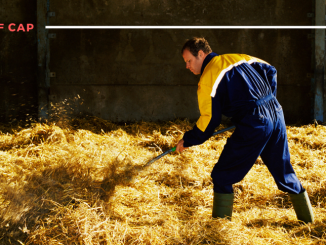ARC2020’s next debate will be on the collapse in farm incomes, including in particular the milk price collapse. The causes, the consequences and most importantly the ways out of the current untenable situation will be explored in this debate over the coming weeks.

Farm incomes are in crisis. Prices have plummeted and farmers are abandoning their profession. Each agri-food sector has its own problems with prices, but dairy and pork are especially hard hit at present. And the present has been running for many months now. What started as a supposed temporary phase is now an apparently intractable problem. Or is it?
Background Reading: Farmers Vanishing from Europe’s Economic Powerhouse (March 2016)
Are there solutions to the current situation? Are the best options market based? Or are production controls the answer? What role for EU Member States, for the EU itself and for the EU within the world of international trade? What of alternative supply systems and their role?
ARC2020 will host a debate – here on this website over the coming weeks – on the collapse in farm incomes to explore the options. Aurélie Trouvé and Alan Matthews will be among the contributors to this discussion.
Recent Developments
EPP
The momentum for action is certainly hotting up at present. Even the typically pro-market European People’s Party of the European Parliament (EPP) have called for obligatory, EU wide measures to reduce milk production as well as “legislative measures to tackle unfair trading practices and credit tools are needed to tackle the EU agricultural crisis” Agriland reports.
Warsaw Statement and the Weimar Triangle
The Ministers of Agriculture from Germany, France and Poland published a common declaration on the agricultural crisis on 9th June in Warsaw.
Read the Warsaw Statement in full
This “Warsaw Statement” asks for EU solutions which do not result in any re-nationalisation of agricultural policy in the dairy and pork sectors.
They ask for extra EU funds to support voluntary reduction of the dairy production at the EU level. This puts pressure on Commissioner Hogan to do more. They call for private storage adjusted “to the present market situation” for milk and pork, as well as an extra temporary increase in the level of support of skimmed milk powder and butter.
De minimus aid up to E30,000, with corresponding adjustment of national limits, and “the introduction of temporary support component, conditional on production discipline for farmers” are also put forward.
There is a history of co-operation between these three countries. The Weimar Triangle – a loose grouping of Poland, Germany, and France intended to promote co-operation between the three countries – meets periodically and in times of crisis.
It was under the Weimar Triangle format that the Ministers of Agriculture of France, Germany and Poland issued the Warsaw Statement ahead of the last Council under the Dutch Presidency.
Article 222 of the Common Market Organisation allows for this to be suggested. This provides for a derogation from competition rules in certain circumstances. If markets are imbalanced, and if intervention or private storage have already been used, producer organisations and their associations can agree measures to stabilise the sector.
However it’s not clear yet how effective Article 222 of the CMO regulation would be if an equal playing field is not established beforehand.
Next steps
The European Milk Board report that on the 15th July there will be an extraordinary conference on milk with Phil Hogan and Stephane Le Foll in Brussels: “The next Conference of the Ministers of the German Länder and the German federal government will take place on 15th July in Brussels. EU Commissioner for Agriculture and the French Minister of Agriculture also confirmed their attendance at this extraordinary meeting. According to Agra-Europe, EU Member States expect the EU to provide additional funds for liquidity help. The countries agree that in the future financial aid should be linked to a reduction of milk production.”
A discussion on proposals for stabilising agricultural markets is planned in the run-up to the next Agriculture Council on 27th and 28th June in Luxembourg. At this meeting, it is likely that we will see what sort of voluntary reduction in milk supply will be planned and implemented – if any indeed will be.
On the ground in France, Irish EU Agriculture Commissioner Phil Hogan is regularly critized for doing little to solve this market crisis – many feel he acts when pushed by the Member State Agriculture ministers. And farmers organisations are reportedly concerned about Hogan’s relationship with Irish dairy farmers. The latter have increased their production by 33% in 2015-2016 – more than any other EU Member State. This, farm organisations claim, has encouraged the dairy price’s race to the bottom. Raw milk prices are currently below 23 cents/liter.
More
ARC2020 articles on the milk crisis and more




